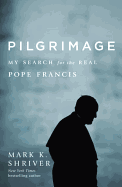 As executive director of the Northern California Independent Booksellers Association presiding over his first fall discovery show, in South San Francisco October 27-28, Calvin Crosby said he was delighted to introduce two people in a conversation he has wanted to stage for years--almost since the day he, as bookstore manager, hired a young woman named Luisa Smith to work at Book Passage in Corte Madera. Shortly after hiring her, Crosby recalled, he began talking about the book he was reading, Rose by Martin Cruz Smith, and she said, "Oh, he's my father." Luisa is now buying director at Book Passage and recently returned from her first research trip with her father, to Siberia.
As executive director of the Northern California Independent Booksellers Association presiding over his first fall discovery show, in South San Francisco October 27-28, Calvin Crosby said he was delighted to introduce two people in a conversation he has wanted to stage for years--almost since the day he, as bookstore manager, hired a young woman named Luisa Smith to work at Book Passage in Corte Madera. Shortly after hiring her, Crosby recalled, he began talking about the book he was reading, Rose by Martin Cruz Smith, and she said, "Oh, he's my father." Luisa is now buying director at Book Passage and recently returned from her first research trip with her father, to Siberia.
 |
| Martin Cruz Smith and Luisa Smith at NCIBA |
"I love books, I love reading and, more than anything, I love my dad," said Luisa. After graduating college with an art degree, Luisa said she was determined not to ask her novelist father to help her get a job at a bookstore. "It turns out, I asked Anne Lamott to get me a job at a bookstore."
Growing up, she said, she never gave much thought to how her father conducted research, but after accompanying him to Siberia--where they had dinner with locals who wanted to get them very drunk, got an introduction to Russian art through one oligarch's massive collection of some of the worst paintings ever, and took the slowest train ride ever--she was looking at some of the mishaps from their family travels differently.
"It's all material," said Smith. "You, your sister and your brother all grew up with that excuse." (Luisa's brother now works at the Strand in New York City--but he trained at Book Passage with Crosby and his sister.)
Talking about the World War II Italy setting of his new book, The Girl from Venice (Simon & Schuster), Luisa asked her father to share how visiting a place inspired his work. Smith recalled that he once spotted two guys rowing "non-gondola style"; they came out of the darkness singing in a way that exhibited "the kind of magic you only get in Venice."
"You probably have very little idea of what people actually do to make a living," his daughter noted, and yet her favorite parts of the novel are the fishing and Cenzo, the fisherman character. "Mine, too," said Smith. "I find that if I put myself in an interesting place, things will come."
Smith and his daughter traveled to Chita, which they described as the most bitter, cold and saddest place--in deepest Siberia. There, Smith discovered a museum devoted to the Decembrists--a group of elite St. Petersburg residents who in 1825 rose up against the czar. "They didn't get very far," said Smith. The Decembrists were exiled to Chita, and their wives followed their husbands to that dreadful place.
"So, will that end up in the book?" asked the daughter. "We'll see," was the author's retort.
During a q&a, they addressed the current situation in Russia, and many Russians' fascination with the possibility of a President Trump. "People either said he was crazy or they followed us out of restaurants to tell us how great he is," said Luisa.
While Smith was a bit nostalgic for the old days when simply being caught with a copy of his novel Gorky Park meant jail time in Russia, he still loves the country that he has visited often and used as the settings for many of his books. "It's astonishingly beautiful," he said about Russia overall, and Moscow in particular. "There's no better capital in the world." But the society is "condemned" to being run by thieves and oligarchs for the foreseeable future.
"They miss being powerful," said Luisa.
"That's a good thing to say," her father added.
Luisa--and all of her family--are the first readers of Martin Cruz Smith's work. "I've been so lucky in every possible way," said Smith. "In my children, in the many books I've written, and in what I am going to do next."
For Luisa Smith, having this conversation at NCIBA gave her the chance to speak with her favorite author in front of her favorite group of people. --Bridget Kinsella
[More about NCIBA's fall discovery show in tomorrow's issue.]
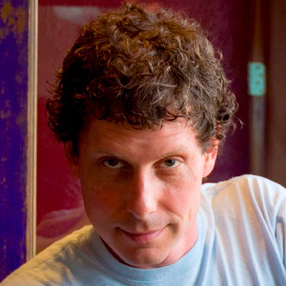










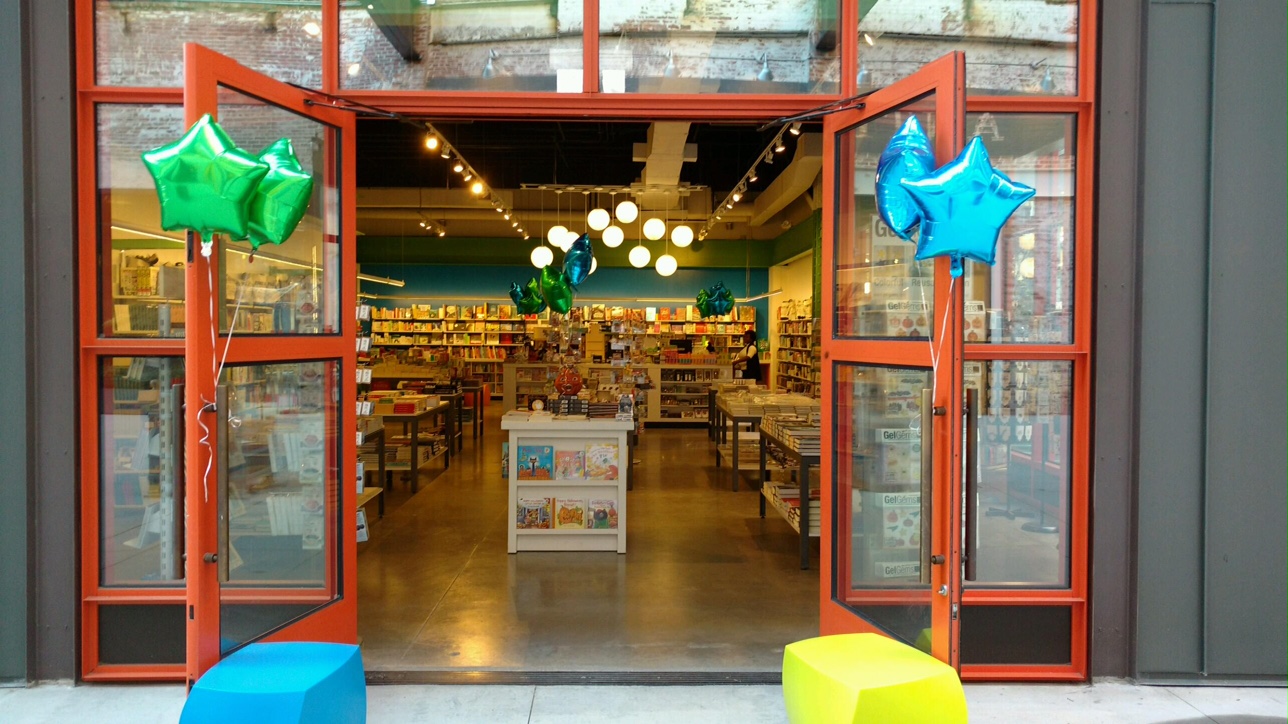 On Saturday,
On Saturday, 
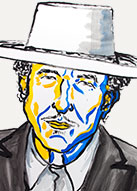

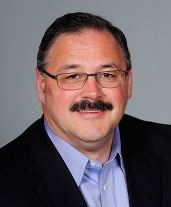
 As executive director of the
As executive director of the 
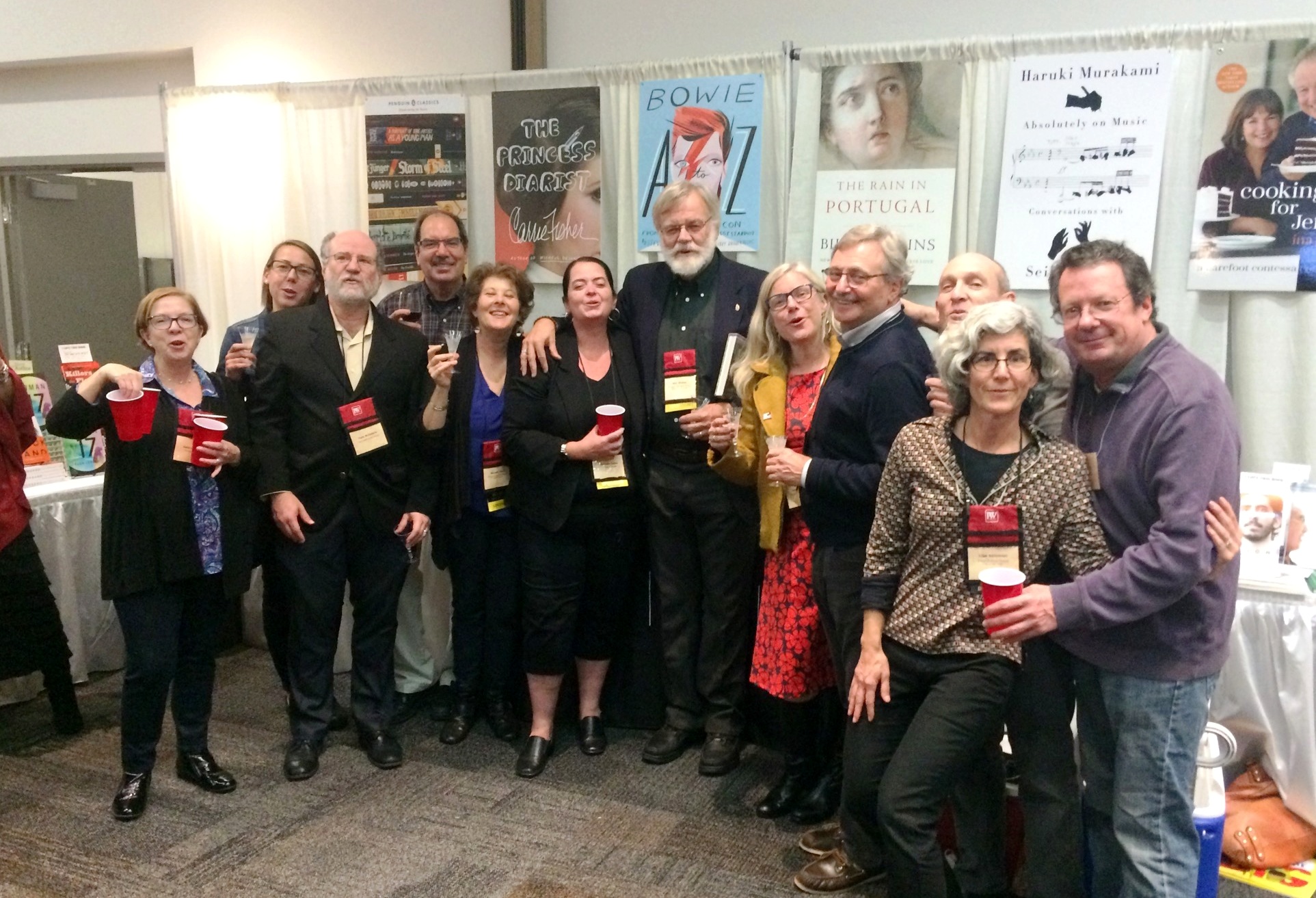 During the Northern California Independent Booksellers Association fall discovery show last week, friends and colleagues toasted Ron Shoop, longtime Penguin Random House sales rep who is retiring soon. From l.: Valerie Walley, PRH; Anna-Lise Sandstrum, Chronicle Books; Tom McIntyre, Hachette; Jim Hankey, HarperCollins; Wendy Pearl, PRH; Michele Sulka, PRH; Shoop; Jenn Ramage, PRH; Bob Belmont, PRH; Andy Weiner, Abrams; Lise Solomon, Consortium; and Reed Oros, Macmillan.
During the Northern California Independent Booksellers Association fall discovery show last week, friends and colleagues toasted Ron Shoop, longtime Penguin Random House sales rep who is retiring soon. From l.: Valerie Walley, PRH; Anna-Lise Sandstrum, Chronicle Books; Tom McIntyre, Hachette; Jim Hankey, HarperCollins; Wendy Pearl, PRH; Michele Sulka, PRH; Shoop; Jenn Ramage, PRH; Bob Belmont, PRH; Andy Weiner, Abrams; Lise Solomon, Consortium; and Reed Oros, Macmillan. The Thinking Girl's Guide to Drinking: Cocktails Without Regrets
The Thinking Girl's Guide to Drinking: Cocktails Without Regrets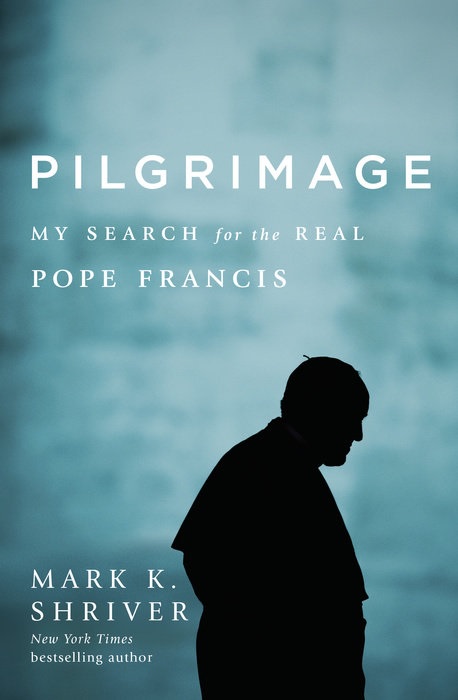 Despite being from one of the most famous Catholic families in the United States and immersed in the Church all his life, Mark Shriver experienced reservations about an institution that has struggled with scandal and controversy. But the election of Jorge Bergoglio as pope in March 2013 grabbed Shriver's attention and fascination. When the opportunity arose for him to write about this unusual man causing so much fuss in the Vatican, he knew he would do it. He just didn't have any idea what an effect it would have on him.
Despite being from one of the most famous Catholic families in the United States and immersed in the Church all his life, Mark Shriver experienced reservations about an institution that has struggled with scandal and controversy. But the election of Jorge Bergoglio as pope in March 2013 grabbed Shriver's attention and fascination. When the opportunity arose for him to write about this unusual man causing so much fuss in the Vatican, he knew he would do it. He just didn't have any idea what an effect it would have on him.